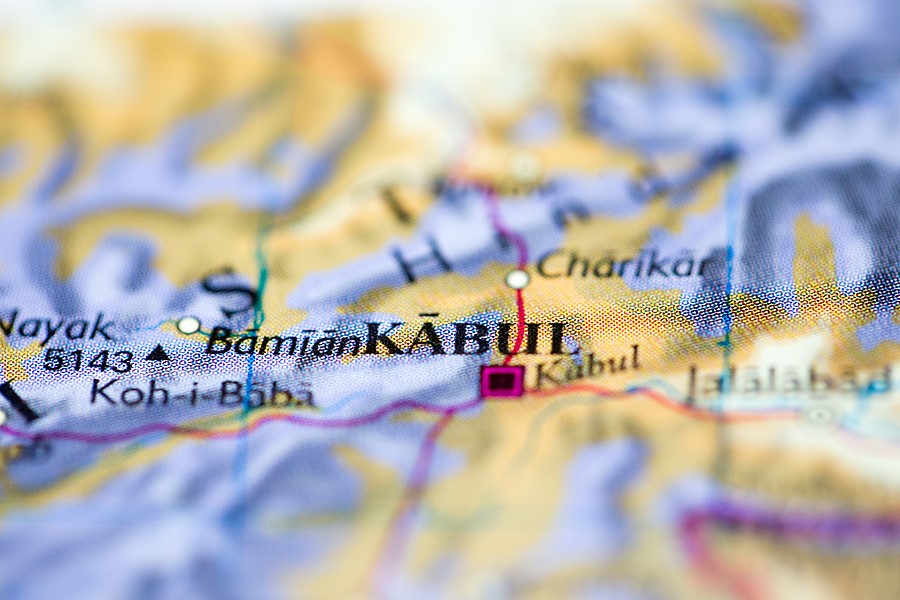News
Kabul’s Groundwater Reserves Running Dry
The global water crisis appears to be deepening around the world, with groundwater reserves in Kabul, capital of Afghanistan, now receding, as a result of unregulated drilling, population growth and climate change.
According to the Daily Telegraph, the last ten years or so has seen the city’s demand for water rise increasingly, with surveys showing that the water level has dropped by over 6ft a year in some parts of the region.
Former minister for disaster management Najib Fahim Agha explained that there is the possibility that Kabul could soon share a similar fate to Sana’a in Yemen and find itself a capital city without any water, which would see people emigrating back to villages.
He went on to say that the concrete and asphalt in the urban environment are unable to absorb water from snow and rain, so groundwater resources cannot be replenished. It’s also possible that the lack of water will leave the underground chambers empty, making the foundations of the city unstable.
The loss of groundwater creates a silent earthquake in the city. When the groundwater dries up, it leaves holes within the ground and makes the ground ready for falling apart. With a small pressure, the city could crumble. It would [cause] destruction of buildings. It is also possible that the ground will open up a hole,” he went on to say.
Researcher at the Afghanistan Research and Evaluation Unit Mujib Azizi made further comments, saying that climate change will exacerbate the situation, with water stocks and agriculture both largely dependent on the melting of mountain snow caps during the spring.
“The Taliban will go away, the Islamic State will go away, thefts will go away, but climate change is here to stay. We need to change our lifestyle to adapt to climate change,” he added.
While Afghanistan may seem like a far-off land to us here in the UK, with troubles of its own, rest assured that the water crisis is, indeed, a global one and we can expect to see water stress and scarcity issues rear their heads in this country before too long, as well.
It’s essential that we all do what we can to help safeguard this precious resource and take responsibility for our own water usage and consumption. For businesses, there’s a huge amount that can be achieved in this regard and the first step towards reducing your water footprint is to have a water audit carried out across your site.
A water audit will compare your water use, including volumes, with what you’re being charged for to help highlight any discrepancies that may have resulted in you being overcharged.
It also highlights any vulnerable areas on your premises so we can recommend water-saving solutions, tailored to your business. If you’d like to find out more, get in touch with us today.
